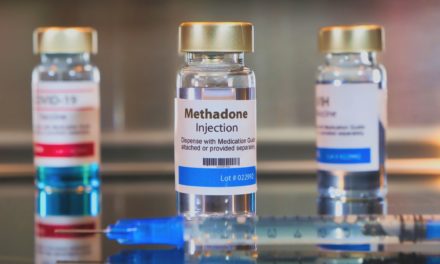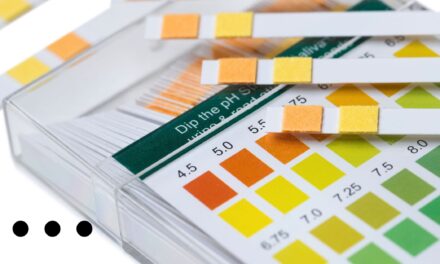Being a teenager is hard. Dealing with substance abuse—is also very hard. Having to do both at the same time is, understandably, very difficult. Some of the reasons why young adult addiction treatment is so challenging are pretty obvious, but a few might surprise you.
4 Reasons Why Young Adult Addiction Treatment Can Be Tricky
Drug addiction is not a one-size-fits-all sort of deal. There’s a lot that can vary from person to person, like how they react to detox, their motivation to get sober, and the type of psychotherapy that works for them. A major factor for these differences is things that meaningfully shape a person’s life experiences, like their gender and socioeconomic status.
Age is another one of these factors. And it’s a big one. Until this point, there’s a lot going on physically and emotionally that necessitates a different approach to addiction treatment for younger patients.
The brain isn’t fully developed.
The human brain doesn’t fully develop until the age of 25. This means that if you have (or are) a teenager who routinely does stupid things, you have a pretty legitimate excuse. And the part of the brain that’s lacking is a bit of a doozy: the prefrontal cortex.
The prefrontal cortex is largely responsible for our self-restraint. It’s the part of the brain that enables the ability to forgo immediate gratification in exchange for long-term goals, decision-making, and evaluating risk versus reward.
All this can make it difficult for a reluctant young adult to understand the gravity of their substance use disorder or fully absorb the ramifications of failing to pursue treatment earnestly.
Prone to riskier behavior.
Teens can’t help getting into trouble; it’s biological. Everyone knows that young people have an overwhelming desire to be accepted by their peers and are hyper-susceptible to peer pressure. Science has shown that during this time, they have a greater risk tolerance and are more likely to do something crazy, reckless, and even dangerous, especially if it means that it might earn them some cool points with said peers.
This is due in part to the lack of a fully developed brain, but not entirely. Cognitive thinking simply isn’t the primary driving force behind their actions. Instead, the pleasure and reward-seeking part of the brain reigns supreme until adulthood.
Teens are more self-conscious.
Teenagers and young adults are notoriously self-conscious. This can play into addiction in two ways. One, they are more prone to peer pressure and thus which can push them into using drugs or alcohol otherwise wouldn’t. Self-consciousness can also lead to a fear of being judged, which translates to a reluctance to open up during treatment and get the most out of their time in rehab or a support group.
Less life experience, less perspective.
With age comes wisdom, and since young people are sorely lacking in that regard, it’s understandable that their view of the world (and themselves) may not always be reasonable or rational.
The blissful ignorance of youth means that they may not grasp the seriousness of their condition. They may feel invincible, which leads them to overestimate their ability to get sober on their own or to downplay the seriousness of addiction and how much it could affect them.
Looking through life as a numbers game, being younger mostly means that you’ve experienced less, and more of, your life may have been occupied by drug use. Being sober may seem unimaginable simply because, until now, their only other experience has been childhood.
Young people and addiction: The benefits of age-specific treatment
Teens and young adults face distinct lifestyle and social factors that impact their drug use and treatment. Age-specific addiction treatment programs address these specific issues in a way that speaks to their unique concerns and can also make treatment more effective by…
- Creating a more comfortable environment where young people are more likely to open up
- Group sessions will be more relatable, and patients may be more willing to form relationships with each other.
- Address the unique issues that young adults face during treatment
- Activities and therapy sessions that cater to young adults
Age-specific treatment also equips young adults with specialized coping strategies for navigating things like peer pressure, managing parental relationships, and higher education.
Vaping, marijuana, and alcohol are the most commonly used drugs among adolescents. If you have a young person in your life who is struggling with addiction, find a youth drug rehab near you today. Failing to take action early can forever alter the trajectory of their lives.




